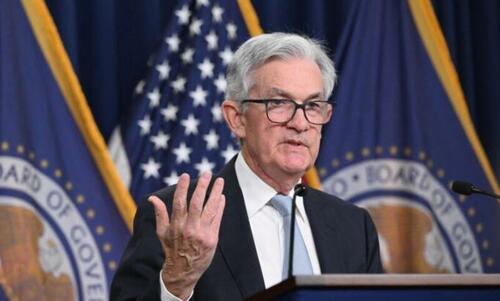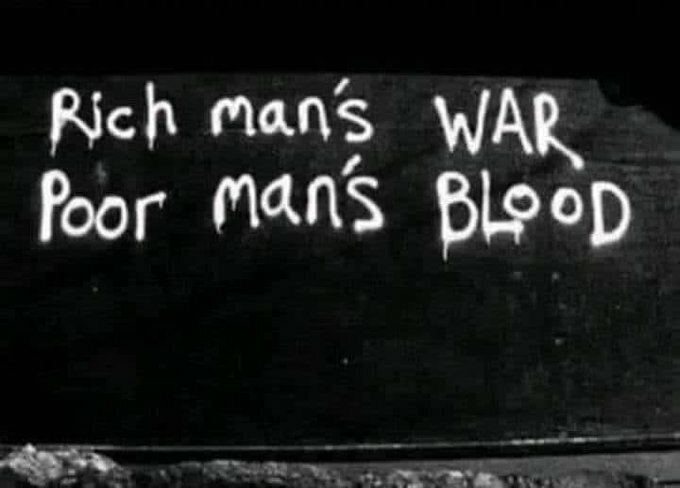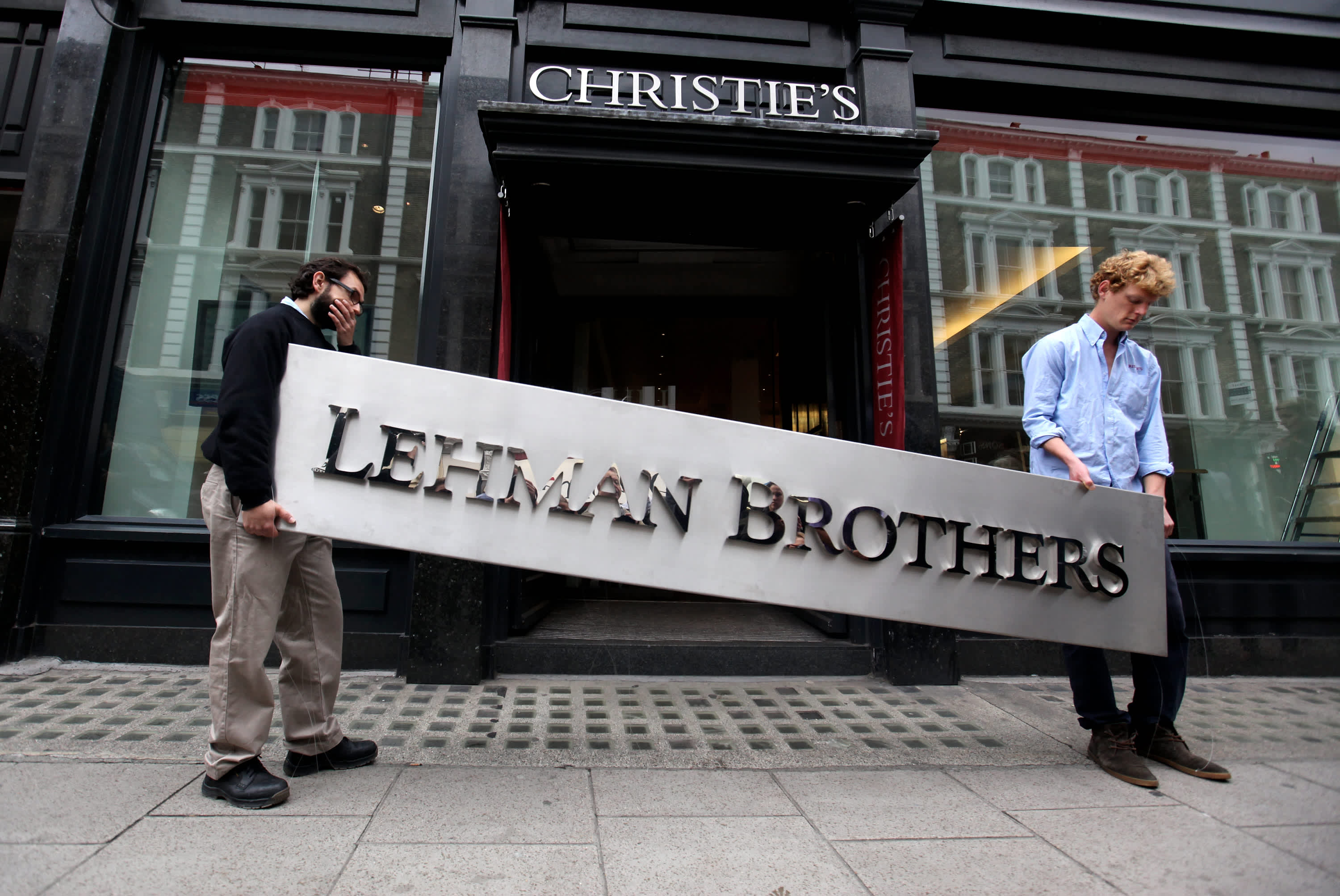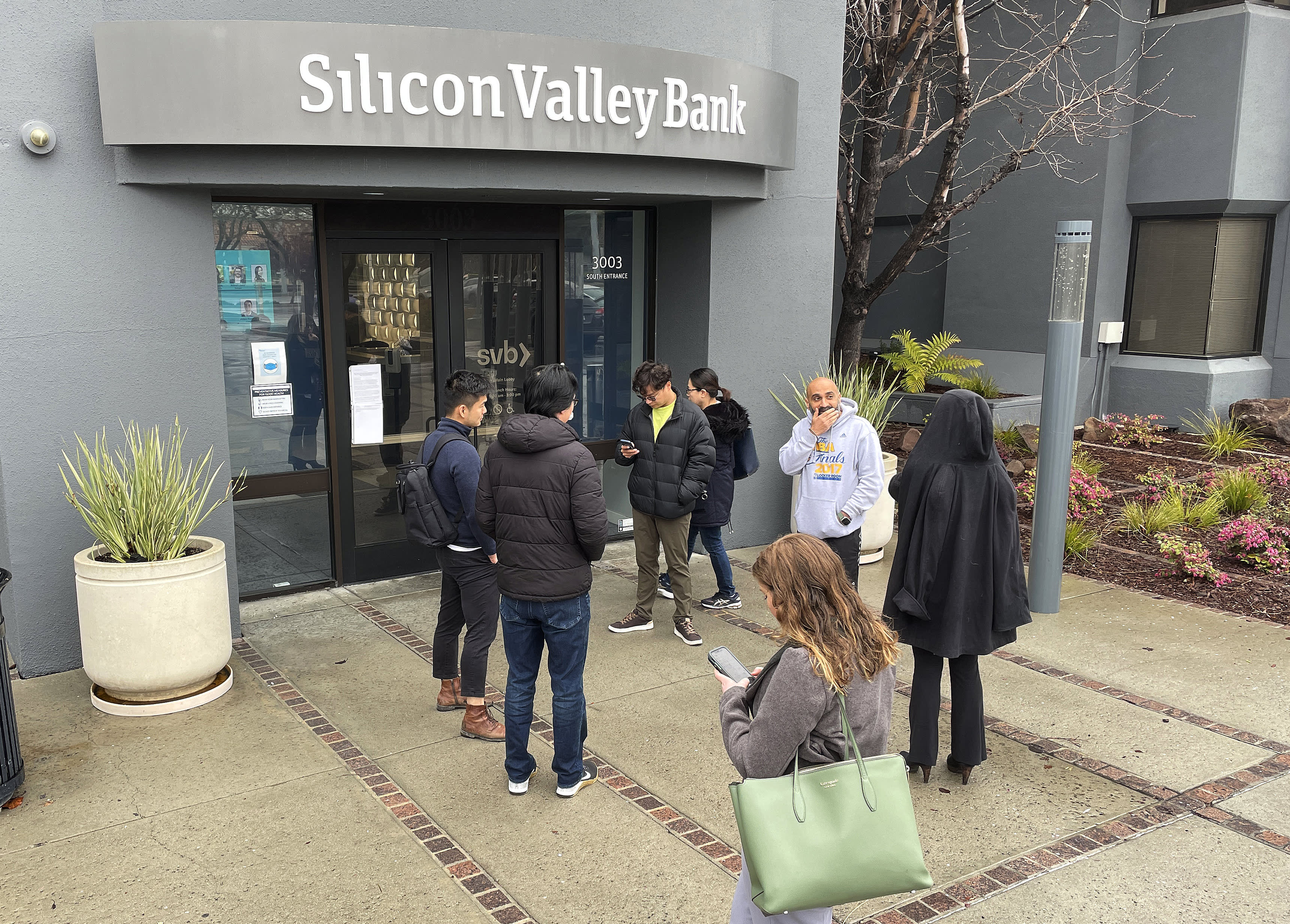Authored by Tom Ozimek via The Epoch Times,
The Federal Reserve has announced a timeline for the launch of its long-awaited FedNow payment service that will let banks offer customers instantly available funds and execute real-time payments, with critics flagging concerns like lack of cross-border payment processing and raising questions about surveillance.

The Fed announced on Wednesday that it will begin formal certification of participants in the FedNow system in April in anticipation of a July launch.
First announced in 2019, FedNow will allow banks to instantly transfer payments across the financial system.
“With the launch drawing near, we urge financial institutions and their industry partners to move full steam ahead with preparations to join the FedNow Service,” Ken Montgomery, first vice president of the Federal Reserve Bank of Boston and FedNow program executive, said in a statement.
As banks and other financial institutions join the program, this will create a growing network with clearing and settlement features that lets businesses and individuals send and receive instant payments at any time of day.
Recipients using the system will have full access to funds immediately, making it easier to make time-sensitive payments.
Continue reading “Fed Announces Launch Of ‘FedNow’ Real-Time Payment System, Sparking Debate”










